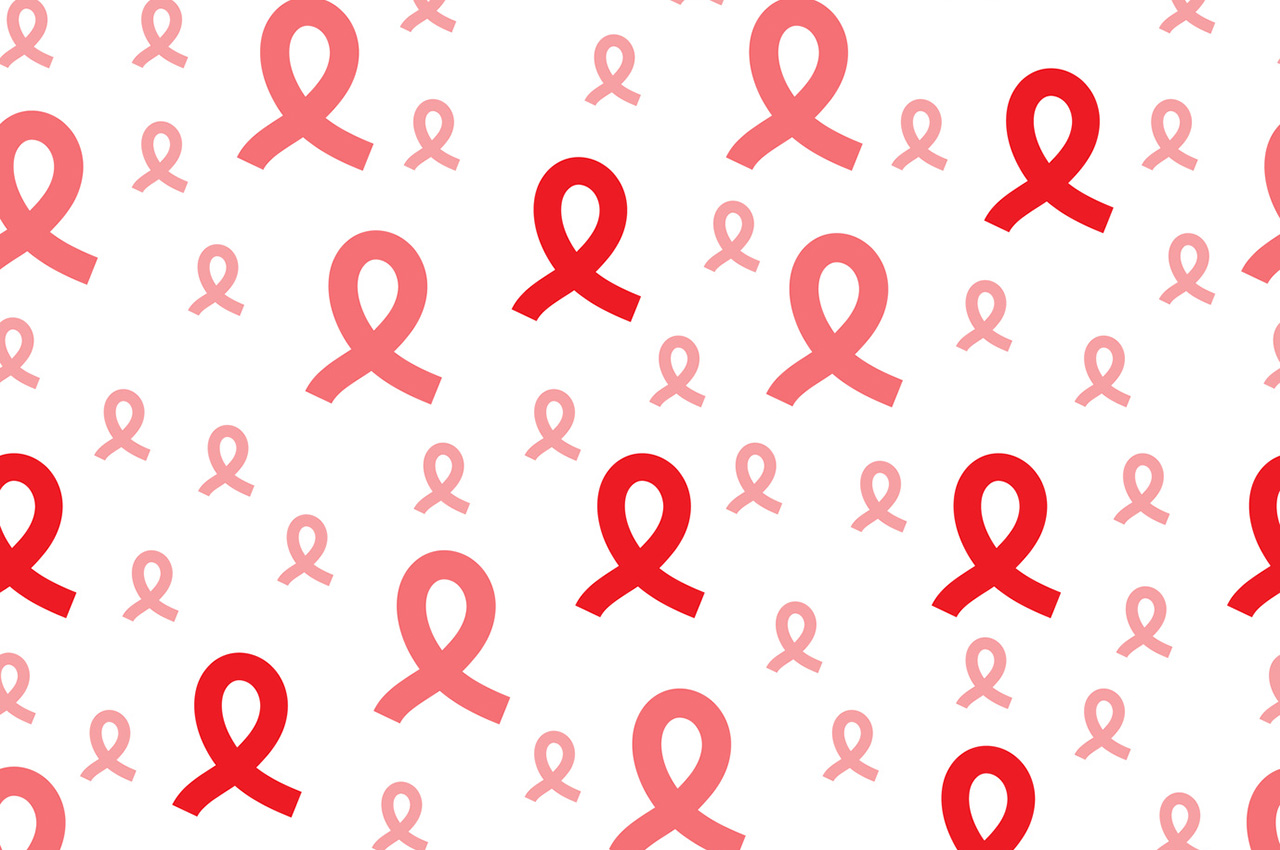Background - Despite prevention programs, a rising incidence of sexually transmitted infections is currently reported in France. Aims - Research factors associated with risky sexual behaviors (RSBs) among the French population. Methods - Subjects aged 15-54 years from the French national survey "Barome` tre santeŽ 2010" were included (n Œ 16 598). RSB was defined as having multiple partners or failure to use condom at first intercourse with a new partner over past 12 months. Factors associated were identified using one logistic regression by gender. Results - The overall RSB prevalence was 9.5%, being higher among men (P, 0.001). Factors associated with RSB for both genders were young age (OR Œ 1.5), single status (men: OR Œ 7.1; women: OR Œ 6.4), homosexual relations (men: OR Œ 2.0; women: OR Œ 3.2), low incomes (men: OR Œ 1.5; women: OR Œ 1.4), use of cannabis (men: OR Œ 1.4; women: OR Œ 3.0). Men-specific factors were history of STI (OR Œ 2.5) and alcohol drunkenness (OR Œ 2.2), and women-specific factors history of suicide attempt (OR Œ 1.6) and history of sexual assault (OR Œ 1.6). Conclusions - Confirming most of known determinants of RSB, this study also identified some specific risky patterns for whom preventive actions can be developed: multiusers of psychoactive substances, people living with low incomes, women having sex with women or presenting history of psychological vulnerability (suicide attempts, sexually harassed).[résumé auteur]
Auteur : Sicard Sébastien, Mayet Aurélie, Duron Sandrine, Richard Jean-Baptiste, Beck Francois, Meynard Jean-Baptiste, Deparis Xavier, Marimoutou Catherine
Journal of Public Health, 2016, p. 1-9


